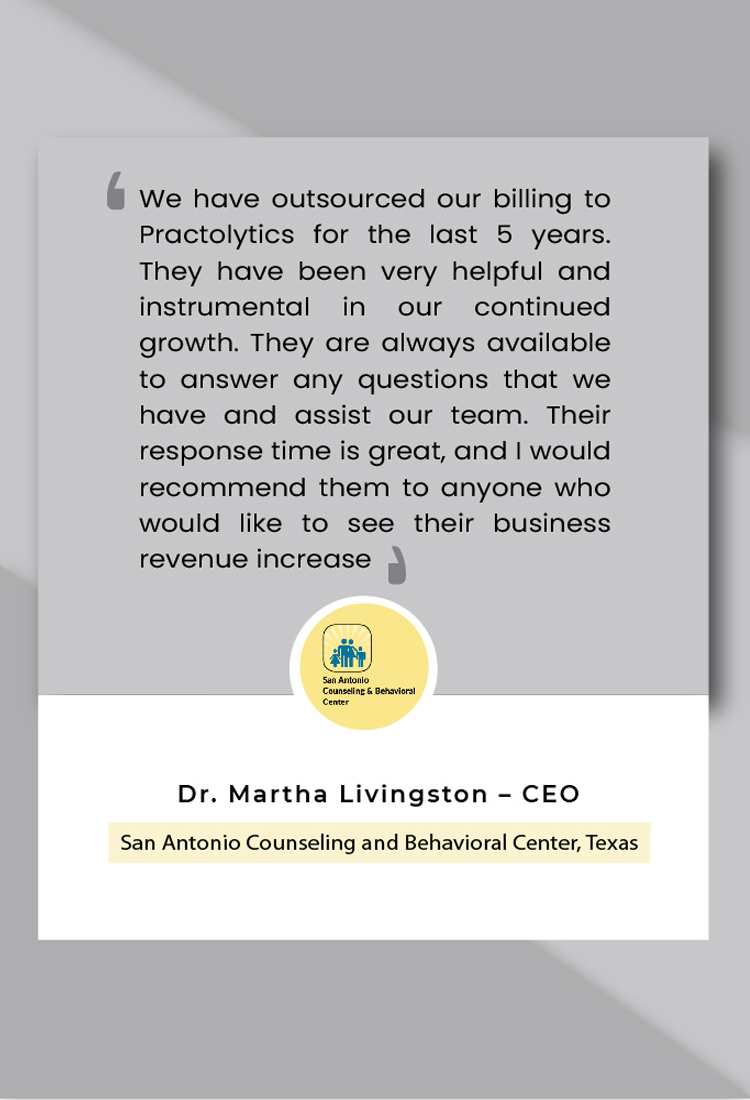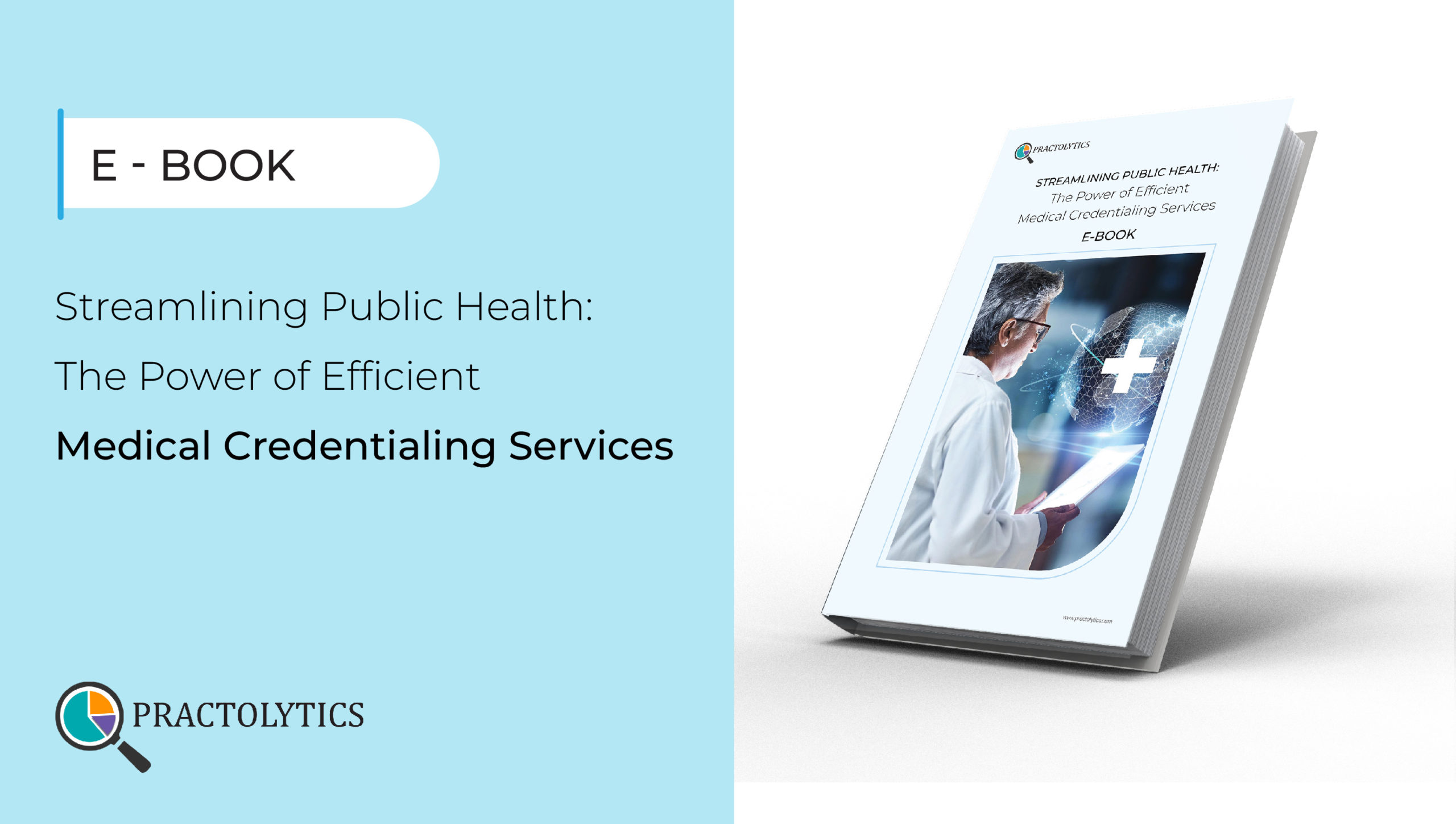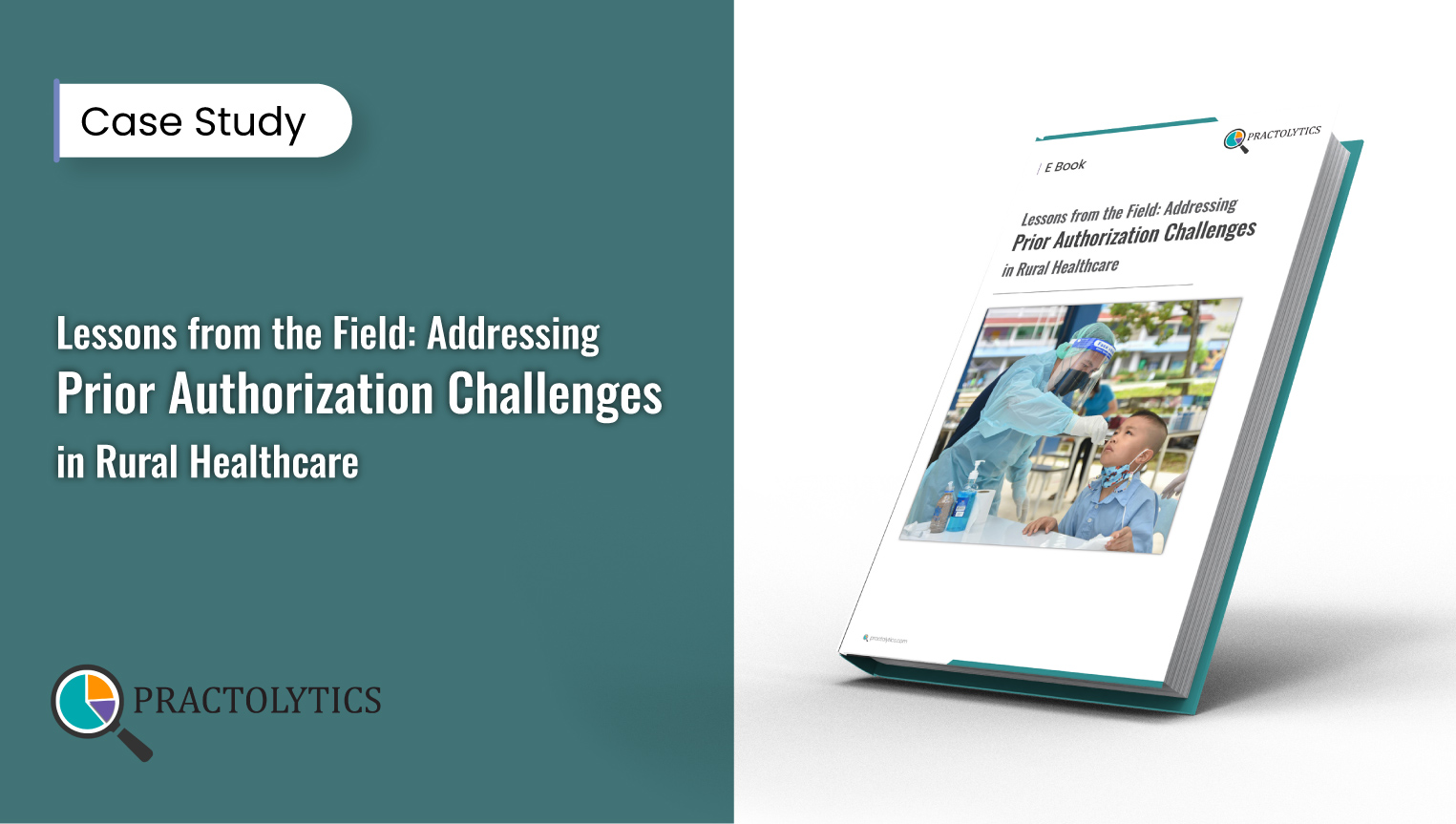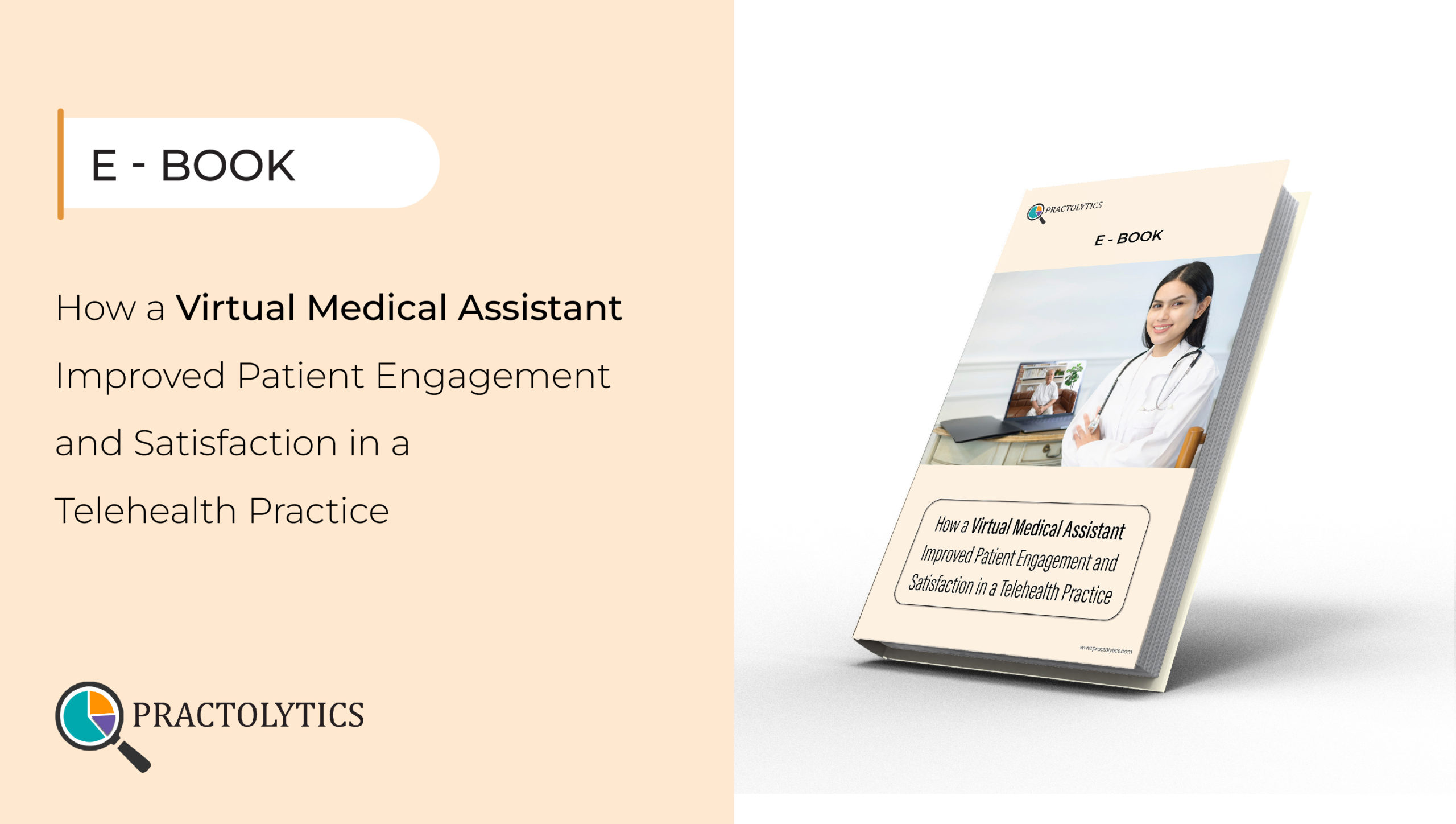Let’s be honest—Gastroenterology Medical Billing is no walk in the park. With complex codes, strict payer rules, and constant updates, it’s a full-time job. That’s why at Practolytics, we take the stress out of Gastroenterology Billing Services so you can stay focused on what you do best—caring for your patients.
We simplify the billing process, speed up payments, and help you get every dollar you’ve earned.
Here’s how we make billing easy:
We’re here to help you boost revenue without breaking a sweat.
H2: Key CPT and ICD-10 Codes Used in Gastroenterology
Getting the codes right is half the battle in billing. At Practolytics, we use smart Gastroenterology Billing Software to catch errors, suggest the right codes, and keep your revenue cycle moving. We know the top Billing Codes for Gastroenterology and make sure they’re used correctly—every time.
Most-used CPT and ICD-10 codes include:
Why this matters:
We make code accuracy simple, so you don’t have to worry about it.
Benefits of Professional Gastroenterology Billing Support
Outsourcing Gastroenterology Billing to experts like us means less admin, fewer errors, and more time for your patients. Our certified team handles everything from claims to collections—keeping your revenue cycle healthy and your mind at ease. Our Gastroenterology Medical Billing Services are built to scale with your practice.
And yes, we speak fluent Gastroenterology Billing and Coding.
Here’s what you get:
Practolytics takes care of the details so you can take care of your patients.
Overview of Gastroenterology Billing Services
At Practolytics, our all-in-one Gastroenterology Billing Services are designed to keep your revenue cycle clean, clear, and compliant. Whether you’re dealing with routine scopes or complex GI procedures, we’ve got you covered. We combine powerful Gastroenterology Billing Software with a smart, hands-on team that knows exactly what they’re doing.
As your dedicated Gastroenterology Billing Company, we follow all the right Billing Guidelines for Gastroenterology to make sure you get paid on time and in full.
Our full-service billing includes:
With Practolytics, you’re not just outsourcing. You’re upgrading.
Get In Touch
Resources
Streamlining Public Health: The Power of Efficient Medical Credentialing Services
Discover the importance of medical credentialing in public health. Ensure quality care, compliance, and efficient service delivery with trusted providers.
Lessons from the Field: Addressing Prior Authorization Challenges in Rural Healthcare
Rural healthcare faces delays due to prior authorization rules. Learn how streamlined processes and expert solutions can improve patient care and reduce denials.
How a Virtual Medical Assistant Enhanced Engagement & Satisfaction in Telehealth Practice
Discover how Practolytics’ Virtual Medical Assistants help telehealth practices improve patient engagement, reduce stress, and streamline communication.
FAQs about Practice Consulting
What are the latest changes in CPT and ICD-10 codes affecting gastroenterology billing?
GI billing codes get tweaked all the time. Recent changes include bundling updates for scopes and more specific ICD-10 definitions for conditions like GERD and Crohn’s. At Practolytics, we stay on top of every update so you don’t have to. Accurate coding = fewer denials and quicker payments—it’s that simple.
Can gastroenterology billing be outsourced effectively?
Absolutely. Outsourcing to Practolytics means:,/p>
-
- Faster claim turnaround
- Fewer denials
- Full transparency
We’ve got the tools, the team, and the know-how to handle all your Gastroenterology Medical Billing Services—while you focus on patients.
What are common billing and coding errors in gastroenterology?
Some of the biggest slip-ups? Wrong or missing modifiers, outdated codes, and weak documentation. They may seem small, but they can derail your cash flow. At Practolytics, we use smart software and human oversight to catch these before claims go out. That means fewer denials and faster revenue for your practice.
How do I ensure accurate Gastroenterology Billing and Coding for my procedures?
Start with strong documentation, then let us do the rest. Our certified coders:
-
- Match procedures to the correct codes
- Apply modifiers correctly
- Double-check payer guidelines
With Practolytics, Gastroenterology Billing and Coding becomes smooth and stress-free.
How can gastroenterologists reduce billing errors and denials?
Here’s how Practolytics helps reduce errors:
-
- Clean claims submitted the first time
- Up-to-date coding based on latest CMS changes
- Pre-bill audits to catch issues early
Fewer mistakes. Faster payments. Win-win.
Are there specific billing guidelines for gastroenterology procedures?
Yes, each payer has its own rules. But common Billing Guidelines for Gastroenterology include:
-
- Correct use of modifiers (especially when bundling applies)
- Detailed documentation of medical necessity
- Prior authorization for certain tests
We handle all of that so you don’t miss a beat.
How do I choose the right Gastroenterology Billing Company?
Look for a partner who:
- Specializes in gastroenterology
- Offers transparent reporting
- Has certified coders
- Understands payer rules
Practolytics checks all these boxes—and brings results that speak for themselves.
What features should I look for in Gastroenterology Billing Software?
Your billing software should be smart enough to catch errors before they happen. Think: automatic coding suggestions, GI-specific rules, real-time claim edits, custom reporting, and built-in payer logic. At Practolytics, our tools are tailor-made for GI practices—so you stay efficient, accurate, and always a few steps ahead of denials.
What are the most commonly used billing codes in gastroenterology?
Some of the most used codes in GI billing include:
- CPT 45378 – Diagnostic Colonoscopy
- CPT 43239 – Upper Endoscopy with Biopsy
- ICD-10 K58.0 – Irritable Bowel Syndrome
- ICD-10 K76.0 – Fatty Liver Disease
Practolytics ensures these Billing Codes for Gastroenterology are always applied correctly.
How do we stay compliant with ever-changing CMS billing regulations in gastroenterology?
We stay on top of every CMS rule so you don’t have to. Practolytics ensures:
- Regular internal audits
- Ongoing coder education
- Real-time compliance updates in our billing software
Compliance isn’t optional—it’s essential. And with us, it’s automatic.
Stay in the loop
Sign up for our monthly newsletter
By subscribing, I consent to the processing of the personal data that I provide Practolytics in accordance with and as described in the privacy policy.











